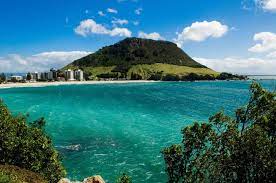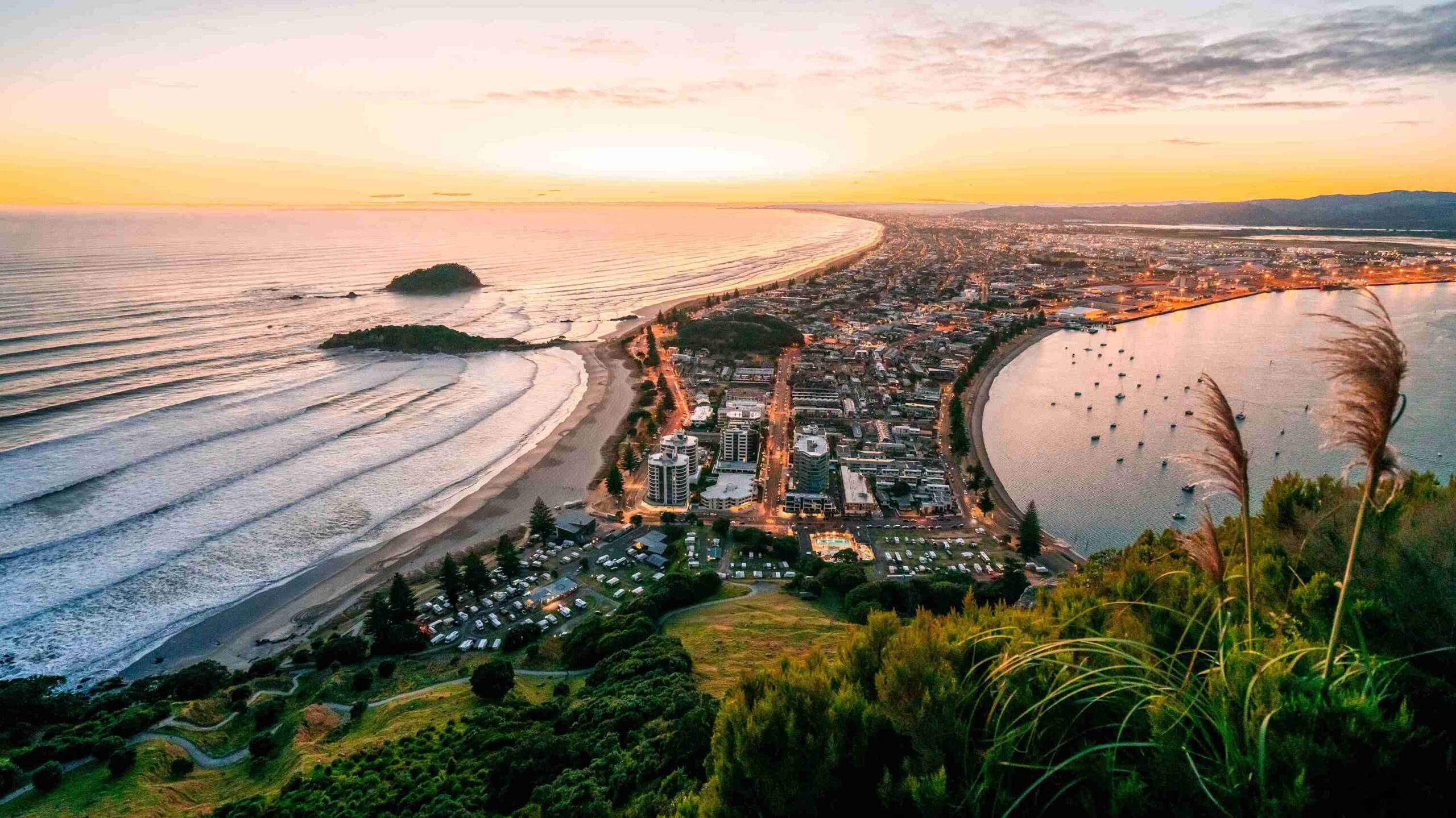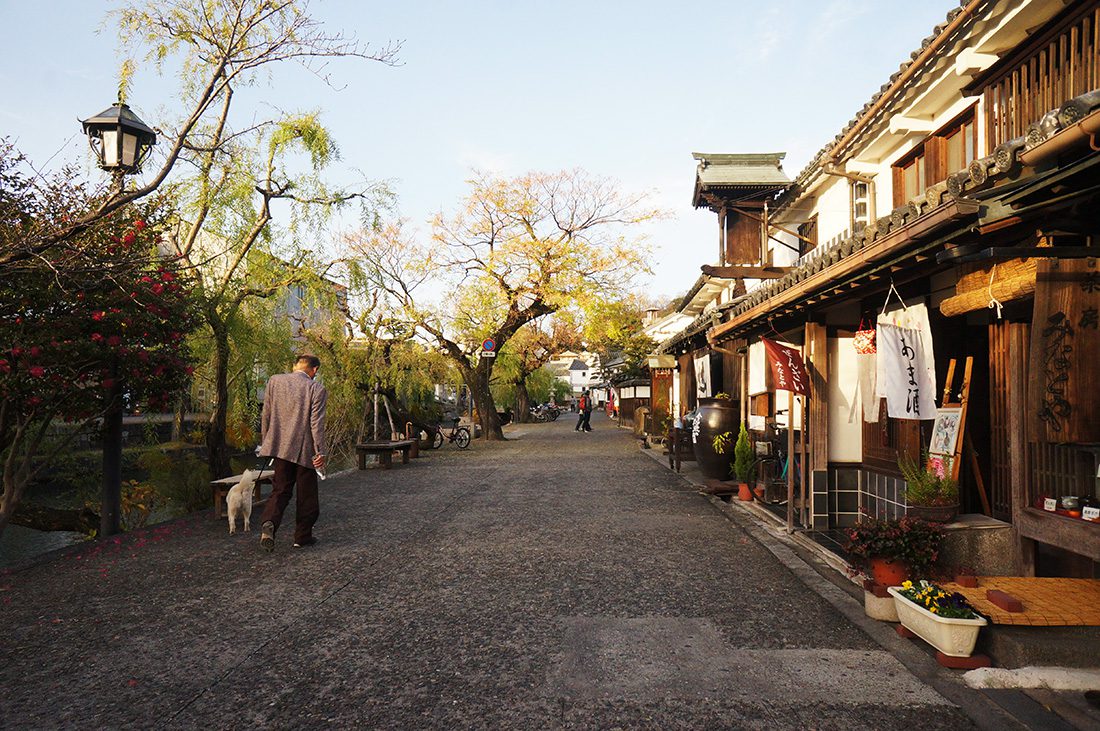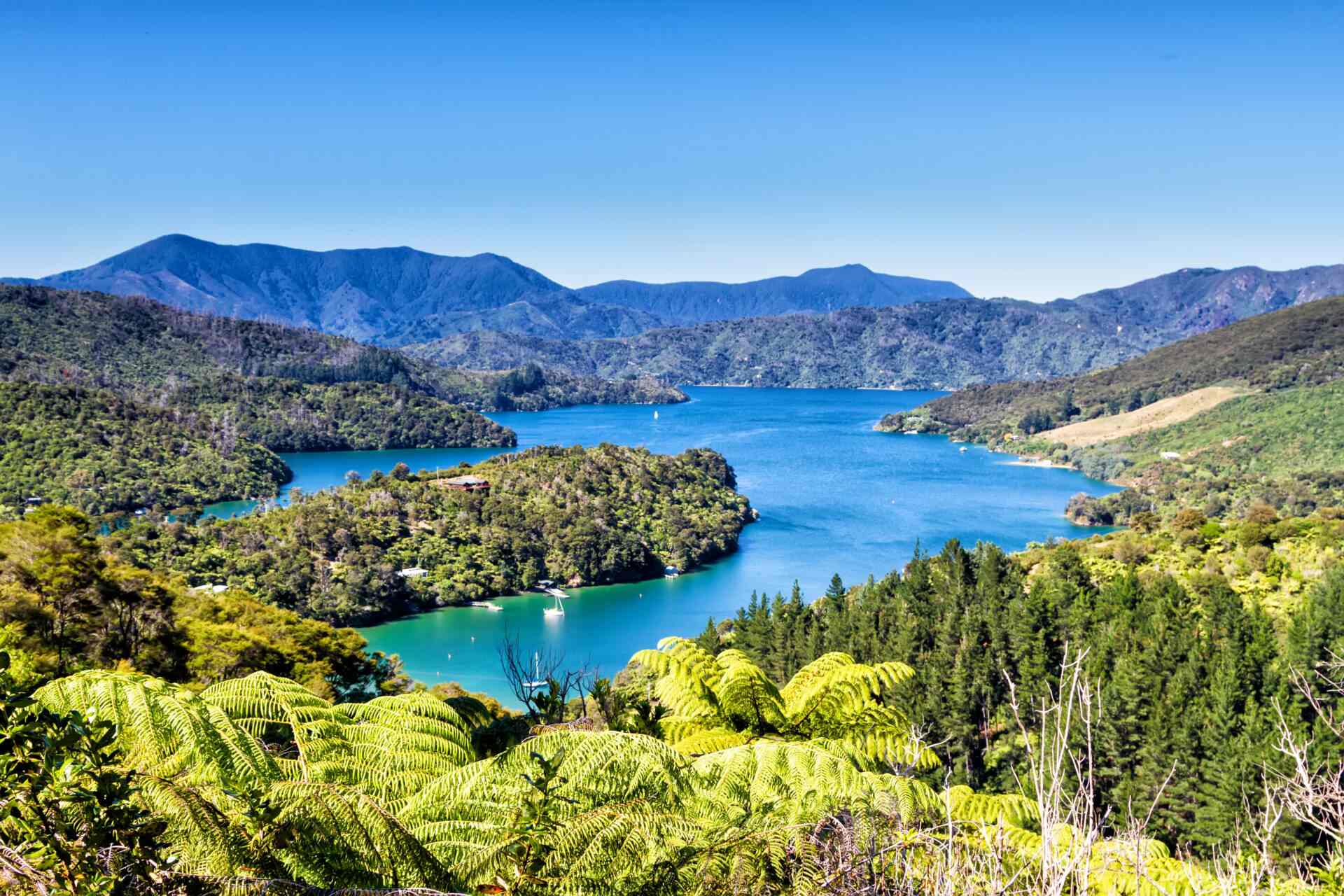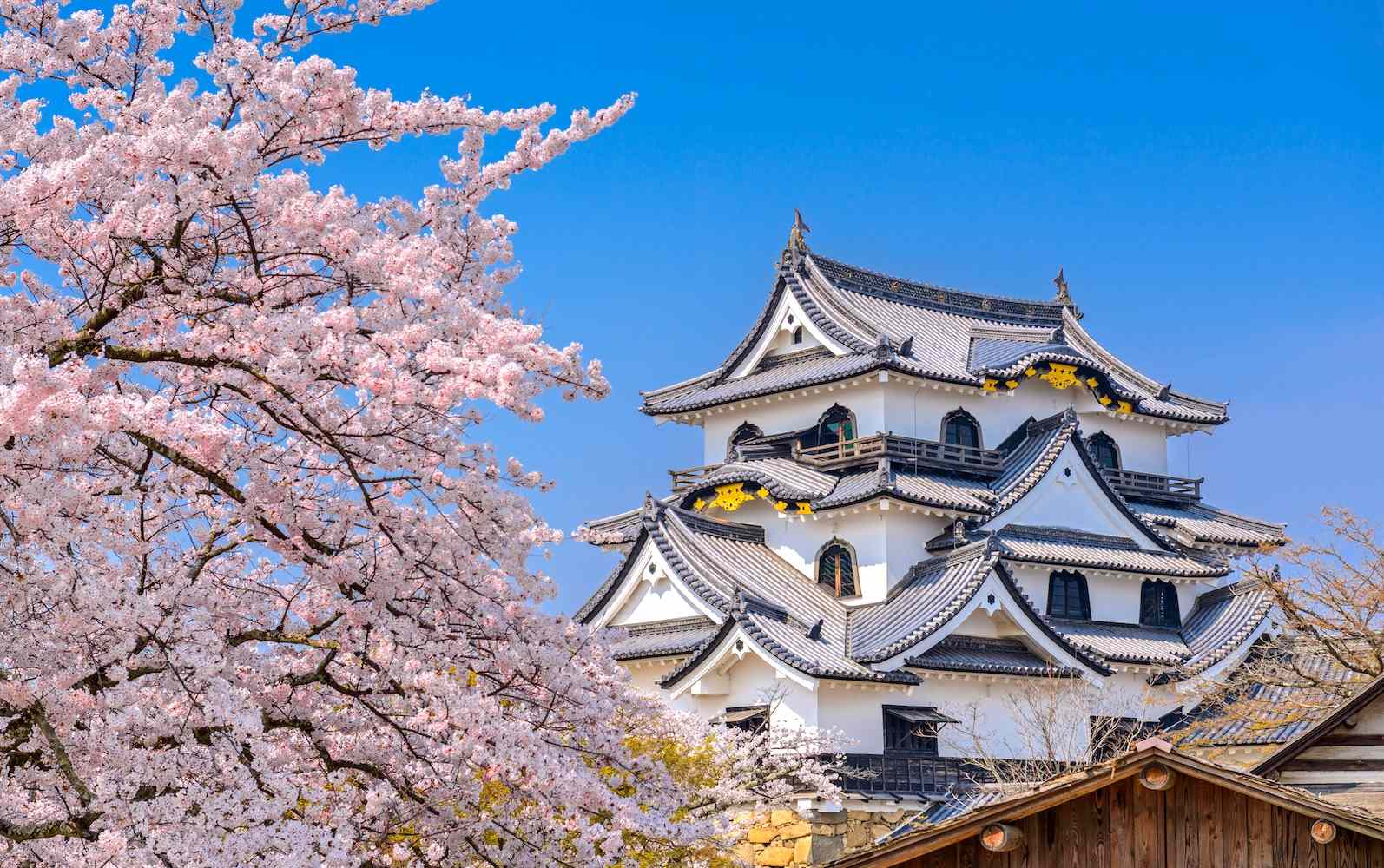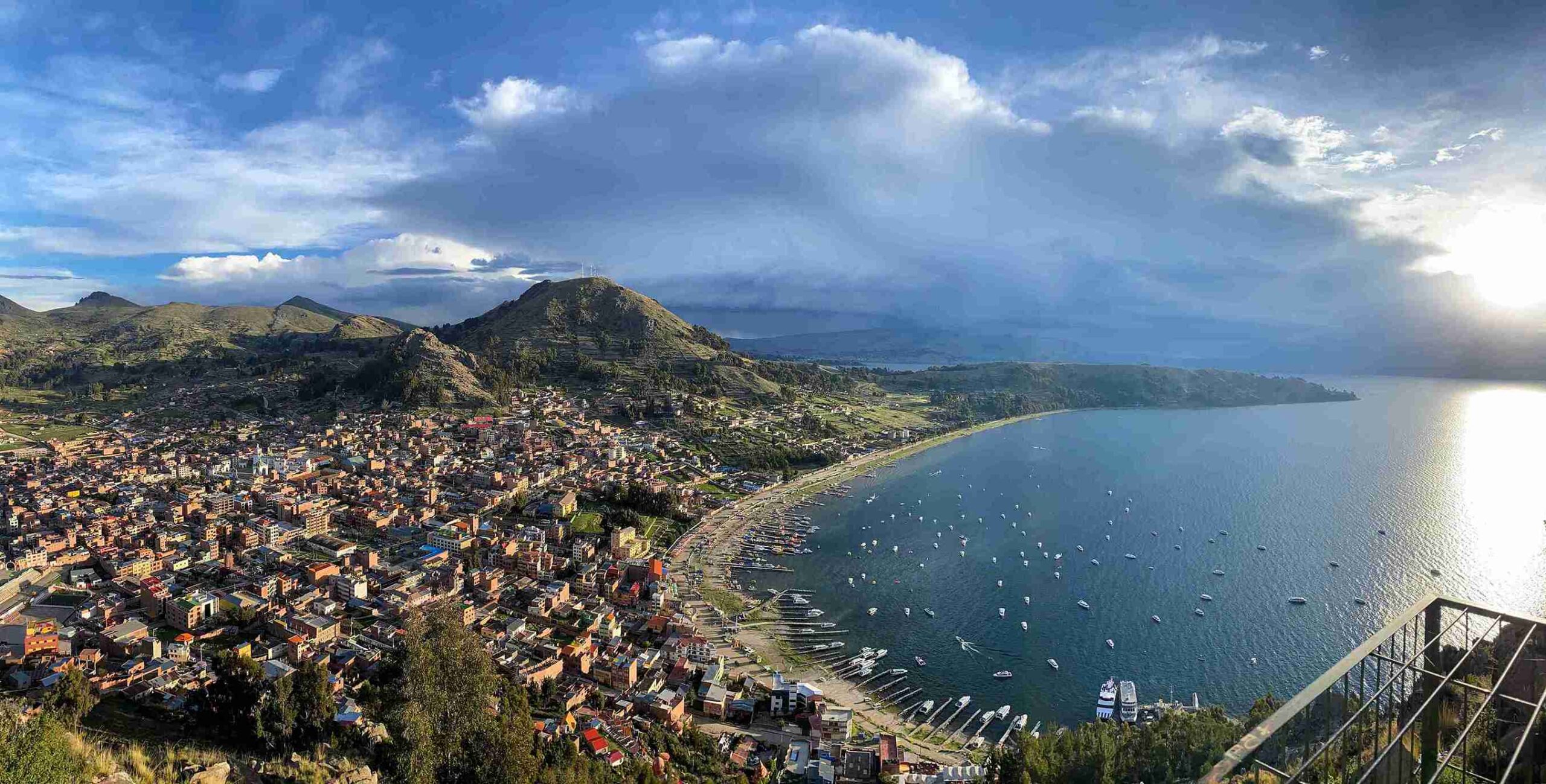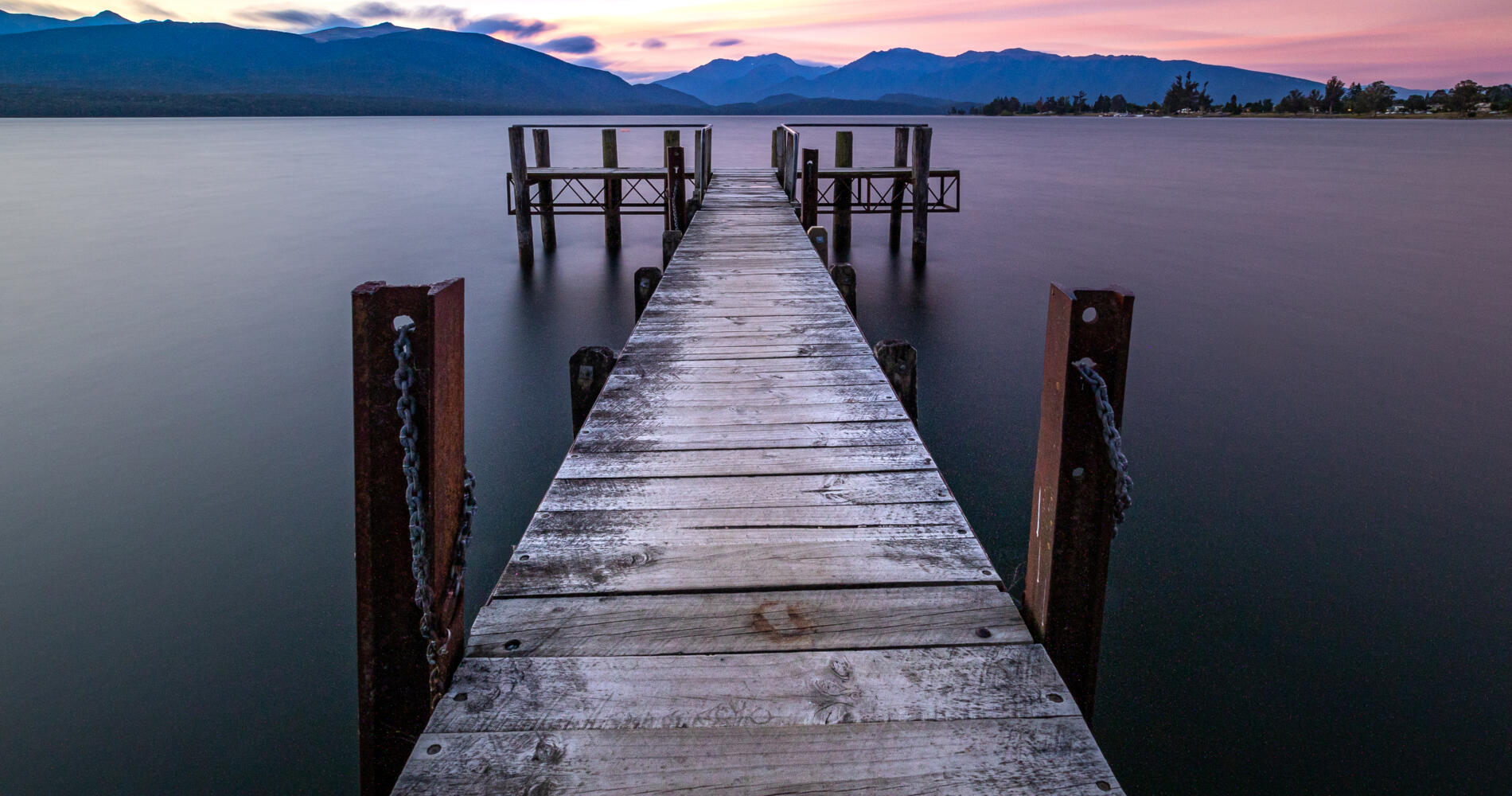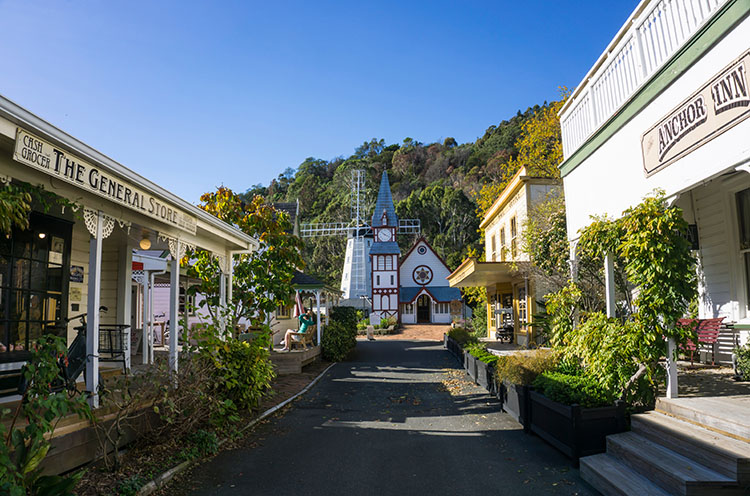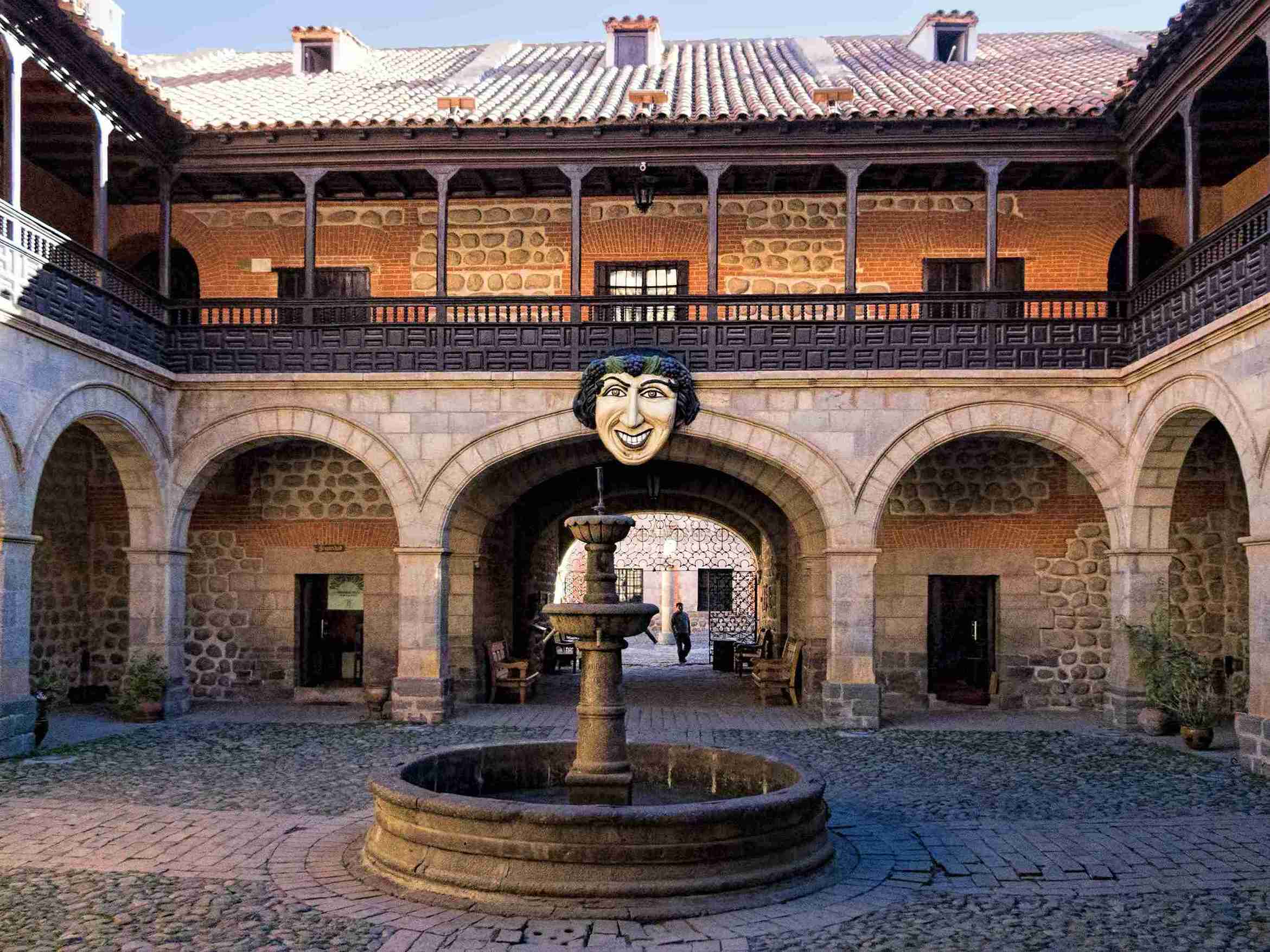Incheon, South Korea – Travel Tips
Category
Categories
Popular Articles
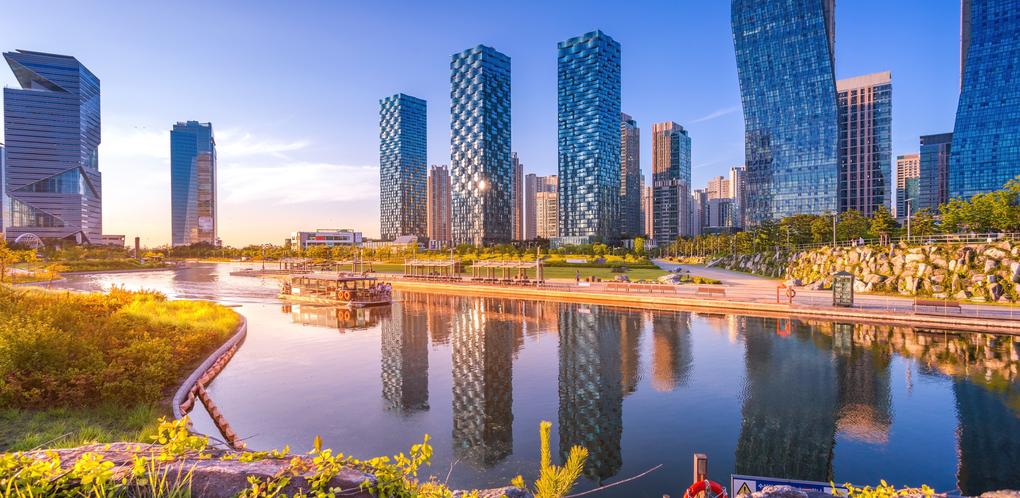
**Overview of the Destination:**
Incheon, a vibrant city situated on the northwestern coast of South Korea, is a fantastic fusion of cultural heritage, cutting-edge technology, and stunning natural beauty. Known for its modern architecture, sprawling parks, and extensive sea port, Incheon is a thriving city that never fails to enchant its visitors. Its claim to fame stems from its international airport, which is often the first point of entry for travelers coming into South Korea. But on a closer look, one discovers a city rich in history with its Chinatown close to the vibrant Incheon Port area, making it a worthy destination in its own right.
**Best Time to Visit:**
The best time to visit Incheon is during the spring (April to June) and autumn (September to November). These periods offer moderate temperatures, fewer tourists, and more chances to witness the stunning cherry blossoms and fall foliage. The busy festival season in Incheon includes the Incheon Pentaport Rock Festival in August and the annual Incheon Chinese Lantern Festival around October-November.
**Climate & What to Pack:**
Incheon experiences a humid subtropical climate where summers are hot and humid, and winters are cold and dry. Lightweight clothing is recommended for summer, while warmer clothing is needed for the winter. Don’t forget to pack comfortable shoes for exploring the city, a raincoat or umbrella for unexpected showers, and sun protection for the warmer months.
**Getting There:**
The nearest major airport is Incheon International Airport, the largest airport in South Korea, which offers numerous international flights. From the airport, you can catch a bus, taxi, or use the subway to reach the city center. South Korea has a visa on arrival for many countries, but it’s advisable to check specific entry requirements for your country prior to travel.
**Getting Around Locally:**
Public transportation in Incheon is efficient and reliable, including extensive subway lines, buses, and taxis. South Korea also has a popular rideshare app, Kakao T. Although traffic can be busy, Incheon is also quite walkable, especially in shopping or cultural districts.
**Safety Tips:**
Incheon is generally safe for tourists, but it’s prudent to stay vigilant, especially in crowded places. Watch out for pickpockets in crowded areas and keep your belongings secure. South Koreans are quite reserved in their social interactions; avoid loud or boisterous behavior to respect the local culture.
**Top Things to Do & See:**
Incheon offers a wealth of attractions, such as Incheon Chinatown, where you can immerse yourself in cultural diversity and culinary delights. Discover the enchanting Wolmido Island or get lost at Songdo Central Park’s urban oasis. Don’t miss visiting Jeondeungsa Temple, a well-preserved piece of Korean history.
**Where to Stay:**
Here are three accommodation tiers for you – for luxury stays, visit the Songdo area where high-end hotels like Sheraton and Oakwood Premier Incheon are situated. Mid-range options include Best Western Harbor Park Hotelin Nam-gu. For budget accommodation, consider guest houses in the city center.
**Food & Local Cuisine:**
Incheon is a culinary delight, especially famous for its fresh seafood. Must-try dishes include Jajangmyeon (black bean sauce noodles) in Chinatown. Dining in South Korea is communal, so expect lots of shared dishes. Explore local food at Sinpo International Market.
**Cultural & Practical Tips:**
The currency in South Korea is the Korean Won. English is not widely spoken so learning a few basic Korean phrases could be helpful. Credit cards are widely accepted. South Korea uses the type C and F plug with a standard voltage of 220 V. Wi-fi access is widespread and often free.
**Sustainable or Responsible Travel Tips:**
Try to learn about and respect local customs, use public transportation or walk when possible, and pack a reusable water bottle to minimize plastic waste.
**Personal Travel Tip:**
Despite its bustling city vibe, Incheon boasts pockets of tranquillity. Make time to explore its parks and nature reserves, like the vibrant Yeongjongdo Island, for a serene break from the city bustle. Be sure to try local street food, engage with friendly locals and embrace the unique blend of old and new in this vibrant Korean city!

